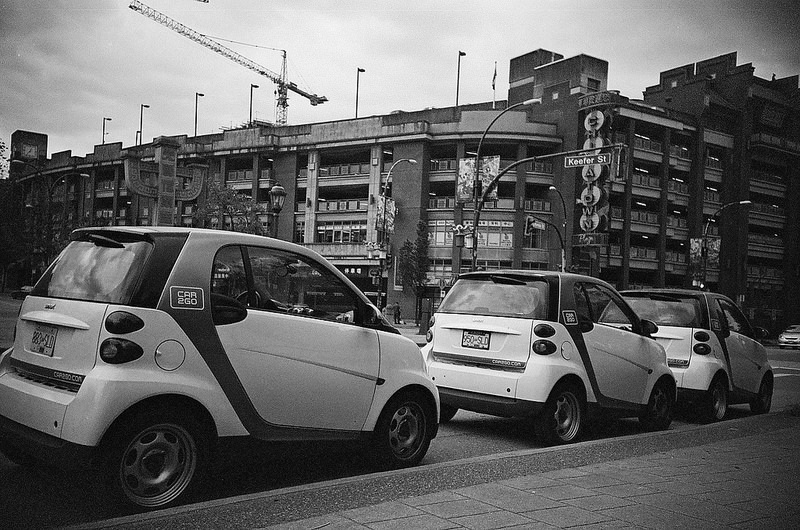| You have to go back more than a century to find a time when the world anticipated the certainty of a new invention the way it does today. With the announcement Tuesday that Toyota expects to sell self-driving cars by 2020, the list of manufacturers with similar goals — Apple, Google, Nissan and Tesla, to name four — lends an air of certainty to the notion that we are approaching what I call a “movie dating” moment. |
| | Today, any movie made before the late 1990s is conspicuous for its lack of cell phones. A smart phone would render a lot of those plots meaningless. Some day, it will be just as easy to date films by whether automobiles are driven by humans or computers. But the ones with computer-driven cars may have frightening plot twists, indeed. The question for this generation is whether we are going to let government or the free market navigate us through the alligator-infested waters that surround this new technology. However, a satisfying answer, even for a free-market lover, doesn’t come easy. The last time we all expected this kind of life-changing invention was in the earliest years of the 20th century. People weren’t as sure about the exact date when heavier-than-air flying machines would be available. But, other than the skeptics who doubted it was possible, many people were confident it would come soon. Newspapers were filled with stories of flying machine contests or of quotes from experts working on overcoming this or that problem. On Aug. 12, 1903, the New York Times quoted Alexander Graham Bell as saying, “No one who has noticed the flight of birds can for one moment doubt the possibility of flight by a body specifically heavier than air.” And no one today who has used a GPS app or witnessed the intense pace of computer innovations over the years can doubt that self-driving, or smart cars are possible. I imagine many people in 1903 were optimistic about inventions and their potential. Today, experience tempers optimism. We know how hard criminals work to hack into banks, retail outlets, our personal lives and the Pentagon. It doesn’t take much to imagine what they could do with a driverless car. Just to add to our sense of dread, last summer researchers working for Wired were able to remotely access a Jeep Cherokee through a cellular connection to the car’s entertainment system. According to Business Insider magazine, they implanted a code allowing them to take over the engine and drive the car into a ditch. And that wasn’t even a driverless car. But while we imagine movie plots involving James Bond in an expensive foreign car that won’t go where he steers it, consider that your problems may be more costly than deadly. For example, your car may suddenly stop and display a message telling you it won’t start again unless you wire money to a secret location. This sort of “ransom” software already infects some computers. Concerning the lack of online security in modern cars, Business Insider quoted Jeff Williams, chief technology officer at Contrast Security, as saying, “It’s like Bambi walking out of the forest into the field.” So what do we do about this? Some members of Congress have an idea. The Security and Privacy in Your Car Act, sponsored by Democratic Sens. Ed Markey of Massachusetts and Richard Blumenthal of Connecticut, would codify a lot of standards and rules for automakers, forcing them to confront the problem. Many Republicans, on the other hand, think that sort of heavy-handed approach would stifle innovation. They prefer letting the industry deal with ways to keep customers happy. Ask yourself whether you really believe a federal law will keep criminals from hacking your car. Then ask yourself whether the free market has done a good job keeping them from hacking computers so far. Now you understand what lies on the horizon. Some experts say you’ll be OK as long as you remember to keep updating your car’s software. Thanks, experts. If anything may be said with certainty about the looming auto revolution, it is that it will drive us crazy. |


 RSS Feed
RSS Feed

